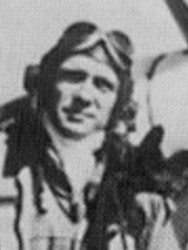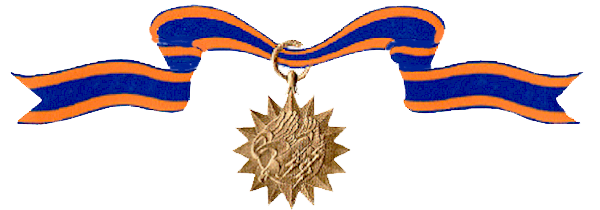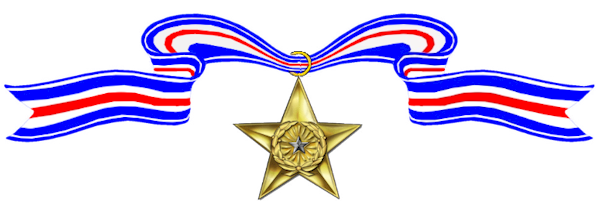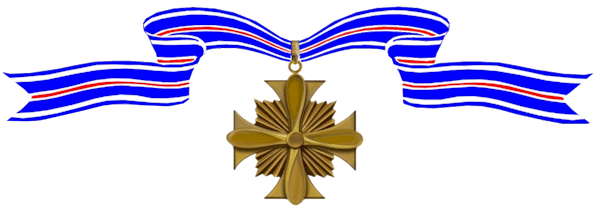During World War II, Leslie Minchew became a U.S. Army Air Forces ACE, credited with shooting down 5.5 enemy aircraft in aerial combat. After the war he transferred to the new U.S. Air Force, and retired in 1970 as a Colonel.

–
Born:
,
Home:
,
Cemetery:
Awards Received
-

Air Medal
-

Air Medal
-

Silver Star
-
Air Medal
Service:
United States Army Air ForcesRank:
Captain (Air Corps)Batallion:
357th Fighter SquadronRegiment:
355th Fighter GroupDivision:
8th Air ForceAction Date:
World War II
SYNOPSIS: The President of the United States of America takes pleasure in presenting two Silver Oak Leaf Clusters in addition to a previously awarded Bronze Oak Leaf Cluster in lieu of the Second through Twelfth Air Medal to Captain (Air Corps) Leslie David Minchew (ASN: 0-793654), United States Army Air Forces, for meritorious achievement while participating in aerial flight during World War II.
-
Air Medal
Service:
United States Army Air ForcesRank:
Captain (Air Corps)Batallion:
357th Fighter SquadronRegiment:
355th Fighter GroupDivision:
8th Air ForceAction Date:
World War II
(Citation Needed) – SYNOPSIS: Captain (Air Corps) Leslie David Minchew (ASN: 0-793654), United States Army Air Forces, was awarded the Air Medal for meritorious achievement while participating in aerial flight during World War II.
-
Silver Star
Service:
United States Army Air ForcesRank:
Captain (Air Corps)Batallion:
357th Fighter SquadronRegiment:
355th Fighter GroupDivision:
8th Air ForceAction Date:
July 7, 1944
Headquarters, 8th Air Force, General Orders No. 486 (August 23, 1944)The President of the United States of America, authorized by Act of Congress July 9, 1918, takes pleasure in presenting the Silver Star to Captain (Air Corps) Leslie David Minchew (ASN: 0-793654), United States Army Air Forces, for gallantry in action against the enemy as Pilot of a P-51 Mustang Fighter Airplane of the 357th Fighter Squadron, 355th Fighter Group, EIGHTH Air Force, while leading a squadron of P-51 fighter aircraft as support for bombers on a mission over Germany on 7 July 1944. As the bombers approached the target, approximately fifty ME-410’s made a savage assault, diving through the formation. With a flight of only five aircraft, Captain Minchew unhesitatingly launched an aggressive attack against this vastly superior force. After personally accounting for the destruction of two aircraft and damage to a third, he discovered he had become separated from his unit. Heedless of his precarious position, Captain Minchew continued to attack and destroyed a third ME-410. He was pressing a vigorous attack on a fifth plane, which he damaged, when he discovered his supply of ammunition was exhausted. Forced to break off combat, he started the long journey to England alone. The excellent protection afforded the bomber formation on this date was in a large measure due to the gallantry, grim determination and unswerving devotion to duty displayed by Captain Minchew. The gallant actions and dedicated devotion to duty demonstrated by Captain Minchew, without regard for his own life, were in keeping with the highest traditions of military service and reflect great credit upon himself and the United States Army Air Forces.


